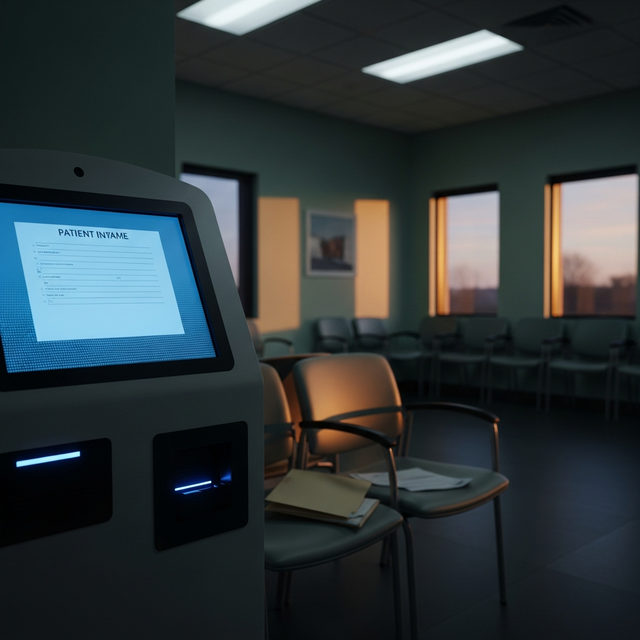Cloudflare Breached in Salesloft Drift Supply Chain Attack: Critical Takeaways for Securing Your Passwords

Cloudflare Data Breach: What You Need to Know (and Do) Right Now
Well, this isn't great. Cloudflare just confirmed they've been hit with a data breach through something called a "supply chain attack." I know that sounds like corporate cybersecurity speak, but stick with me - this one's important, especially if you're using any Cloudflare services.
What Actually Happened?
Here's the deal: hackers didn't break into Cloudflare directly. Instead, they compromised two other companies (Salesloft and Drift) that Cloudflare uses for sales and customer support. It's like someone getting into your house not by breaking down your front door, but by stealing a copy of the key from the contractor who's working on your kitchen.
Through this backdoor access, the attackers managed to get their hands on some sensitive stuff from Cloudflare's Salesforce database, including:
Customer contact information
Support case details
API tokens (think of these like special passwords that let different services talk to each other)
Why This Matters (Even If You're Not a Cloudflare Customer)
This breach is a wake-up call for two reasons. First, it shows how interconnected our digital services are. You might have top-notch security, but if any of your vendors get compromised, you're still at risk. Second, this is part of a growing trend of attackers targeting tech companies through their supply chain.
What You Should Do Right Now
If you're a Cloudflare customer:
Rotate Your API Tokens:If you're using any Cloudflare API tokens, change them immediately. Think of this like changing your house locks after losing your keys.
Check Your Access Logs:Look for any suspicious activity in your Cloudflare dashboard.
Update Your Passwords:While you're at it, this is a good time to update your Cloudflare account password. And please, use a password manager - I've seen too many breaches where people reused passwords across services. Personally, I use NordPass because it makes generating and managing unique passwords actually doable.
Even if you're not a Cloudflare customer, this is a good reminder to:
Enable Two-Factor Authentication:Everywhere you can. I recommend the YubiKey 5 NFC for this - it's what I use for my most important accounts because it's virtually phishing-proof.
Audit Your Third-Party Access:Check what services have access to your important accounts and remove any you don't actively use.
The Bigger Picture: Supply Chain Attacks Are Getting Worse
This isn't an isolated incident. We're seeing more attackers target companies through their vendors and partners. Why? Because it's often easier than attacking the main target directly. It's like trying to rob a bank by bribing the security guard instead of cracking the vault.
The scary part is that these attacks are getting more sophisticated. The hackers in this case used compromised OAuth tokens - basically digital passes that let one service access another. This means traditional security measures like strong passwords aren't enough anymore.
How to Protect Yourself Going Forward
Here's what I tell my friends and family to do:
Use unique passwords for everything (seriously, get a password manager - it's worth it)
Enable two-factor authentication wherever possible
Be super careful about which third-party apps you grant access to your accounts
Regularly audit who has access to your important accounts
And remember: no system is perfect. The goal isn't to make breaches impossible - it's to make them as difficult as possible and to limit the damage when they do happen.
Quick heads up:Some links in this article are affiliate links. If you buy something through them, we might earn a small commission (doesn't cost you extra). We only recommend stuff we'd actually use ourselves or set up for our own families. No BS recommendations here.


